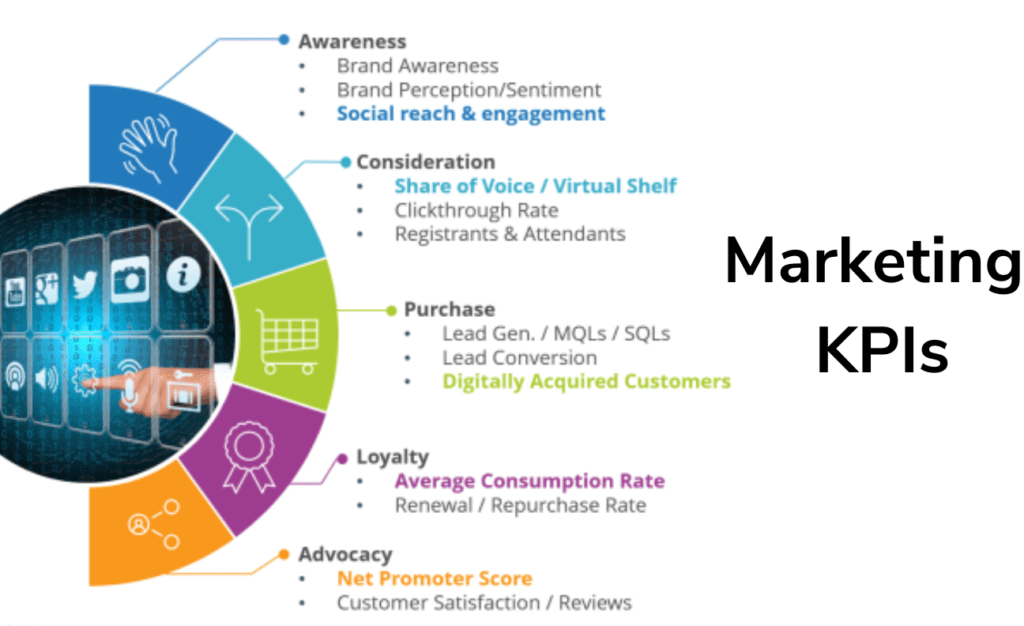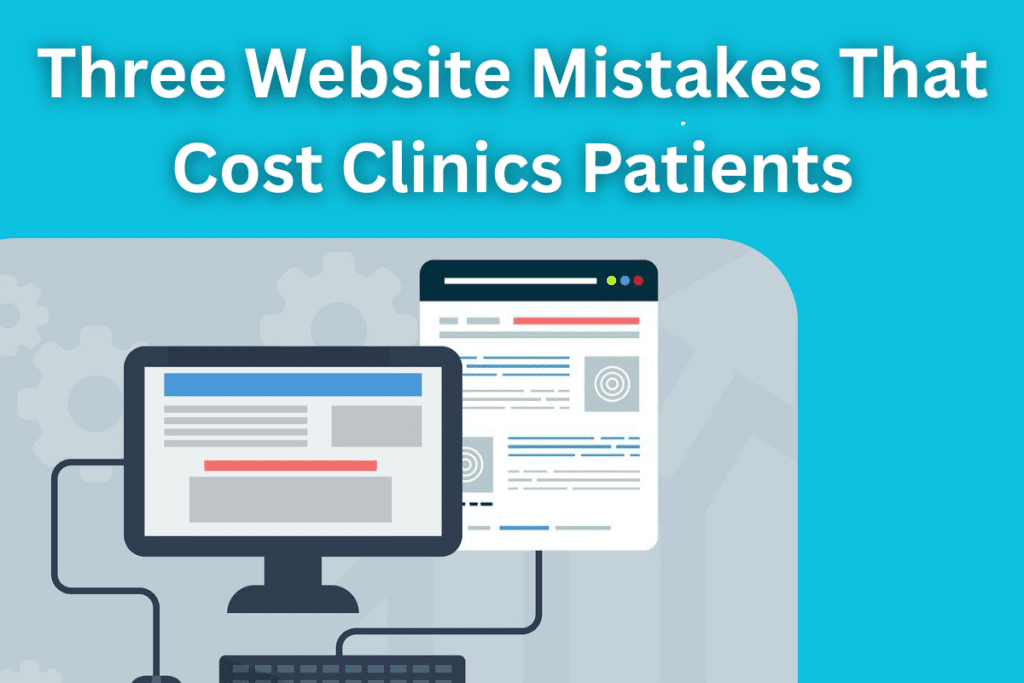In today’s highly competitive business landscape, marketing plays a crucial role in driving growth, increasing brand visibility, and generating revenue. However, one of the common challenges faced by marketing professionals is justifying the budget allocated to marketing activities.
As marketing budgets come under scrutiny, it becomes essential to demonstrate the value and effectiveness of marketing spend.
In this blog post, we will explore effective strategies to justify marketing spend and maximise returns on investment (ROI).
Why Justify Your Marketing Spend?
Justifying marketing spend is crucial for effective resource allocation, building credibility, evaluating and refining marketing approaches, and securing continued support and funding.
Effective Resource Allocation and Optimization
By justifying marketing spend, businesses can allocate their resources effectively and optimise their marketing strategies. Through data analysis and tracking, marketing professionals can identify the channels and campaigns that generate the best results. This enables them to focus their budget on the most impactful initiatives, ensuring that every pound spent contributes to the organisation’s goals.
Building Credibility and Trust
Justifying marketing spend helps build credibility and trust with stakeholders such as executives, investors, and board members. By providing tangible evidence of the positive outcomes achieved through marketing efforts, professionals can demonstrate their ability to generate meaningful results. This fosters confidence in the marketing department’s decision-making and increases the likelihood of continued support and funding for future initiatives.

Evaluation and Refinement of Marketing Approach
When marketing spend is justified, businesses gain valuable insights into the effectiveness of different channels and tactics. By analysing data and tracking key metrics, organisations can evaluate the performance of their marketing activities. This knowledge allows them to refine their approach, optimise campaigns, and stay ahead of the competition. Justifying marketing spend thus becomes an essential tool for continuous improvement and innovation.
Securing Continued Support and Funding
Demonstrating a clear return on investment is instrumental in securing continued support and funding for marketing efforts. When marketing professionals can showcase the positive impact of their strategies on key performance indicators such as revenue growth, customer acquisition, and market share, stakeholders are more likely to recognize the value of marketing and provide ongoing support. Justifying marketing spend becomes a means of ensuring sustained investment in activities that drive business success.
How to Justify Your Marketing Spend?
Justifying your marketing spend requires clear planning and management. The following steps can be used as a guide to justify your marketing spend:
Establish Clear Objectives
Before embarking on any marketing initiative, it is crucial to establish clear and measurable objectives. Align marketing goals with the overall business objectives and ensure they are specific, attainable, relevant, and time-bound (SMART). By clearly defining your objectives, you can track progress, evaluate success, and justify marketing spend based on the outcomes achieved.
Set Key Performance Indicators (KPIs)
To justify marketing spend, it’s vital to establish KPIs that align with your objectives. KPIs can include metrics like customer acquisition cost (CAC), return on investment (ROI), customer lifetime value (CLV), website traffic, conversion rates, and social media engagement. By tracking these metrics and demonstrating improvements over time, you can provide tangible evidence of the impact of marketing activities.

Track and Analyze Data
Data analytics is an invaluable tool for justifying marketing spend. Implement robust tracking systems to monitor and analyse the performance of various marketing channels, campaigns, and initiatives. Use tools like Google Analytics, CRM software, and marketing automation platforms to gain insights into customer behaviour, conversion rates, and revenue generated. Data-driven decision-making allows you to allocate marketing resources efficiently and demonstrate the impact of your strategies.
Attribution Modelling
One of the challenges in justifying marketing spend is attributing the impact of various marketing efforts accurately. Implementing attribution modelling techniques can help allocate credit to each marketing touchpoint along the customer journey. Whether it’s first-click, last-click, or multi-touch attribution, understanding how each marketing channel contributes to conversions enables you to optimise your budget allocation and justify spend based on the channels that drive the most significant results.
Return on Investment (ROI) Analysis
Demonstrating a positive return on investment is a powerful way to justify marketing spend. Calculate the ROI of your marketing initiatives by comparing the revenue generated against the costs incurred. Analyse the performance of different campaigns or channels individually and showcase how they contribute to the overall growth and profitability of the business. By focusing on measurable financial outcomes, you can provide concrete evidence of the value of marketing spend.
Align Marketing Efforts with Sales
To justify marketing spend effectively, it is essential to foster a strong relationship between marketing and sales teams. By collaborating closely with the sales team, marketing can understand customer needs, identify gaps in the sales funnel, and align marketing strategies accordingly. By demonstrating how marketing initiatives contribute to lead generation, lead conversion, and revenue growth, you can effectively justify marketing spend as an investment that directly impacts the company’s bottom line.
Communicate Results Effectively
Lastly, effective communication is key to justifying marketing spend. Present your findings and results in a clear, concise, and visually appealing manner. Prepare comprehensive reports, dashboards, or presentations that highlight the impact of marketing activities on key business metrics. Emphasise the tangible benefits achieved, such as increased revenue, customer acquisition, and market share. By presenting a compelling case backed by data and real-world examples, you can effectively justify marketing spend to stakeholders and decision-makers.
Conclusion
Justifying marketing spend is an ongoing process that requires a data-driven approach, clear objectives, and effective communication.
By aligning marketing activities with business objectives, setting measurable KPIs, tracking and analysing data, and demonstrating a positive ROI, marketing professionals can effectively justify the budget allocated to marketing initiatives.
By showcasing the value and impact of marketing efforts, businesses can secure continued support and investment in marketing, leading to sustained growth and success in today’s competitive marketplace.










